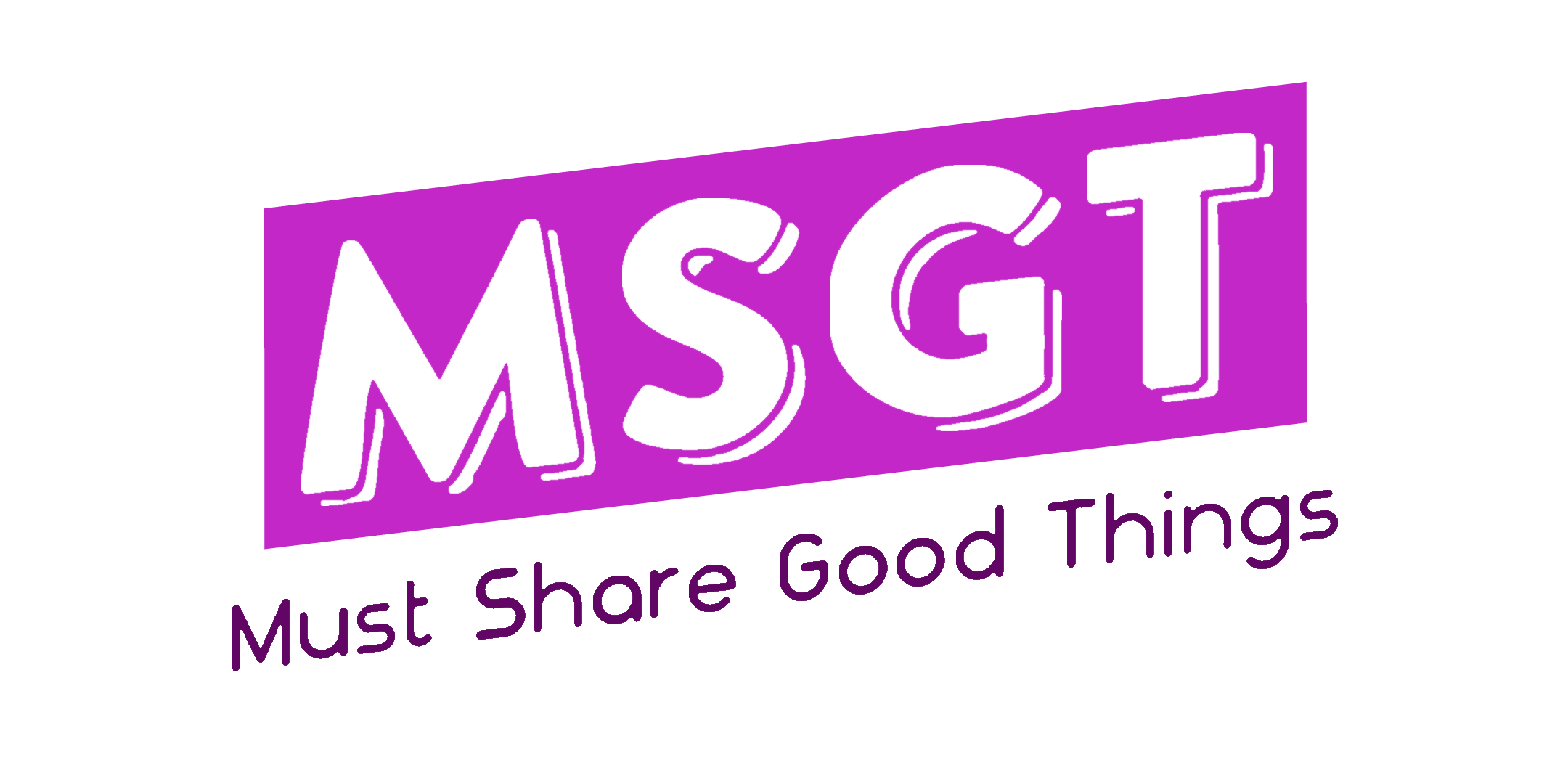Social media has become a ubiquitous part of modern society and has revolutionised the way people interact with one another. However, it has also had a profound impact on self-esteem and body image, especially among younger generations.
Commonly, social media is known for being a platform for self-expression and a sense of community. However, it can also promote unrealistic beauty standards and contribute to negative body image and low self-esteem.

Social media usage across platforms (Facebook, Twitter, Snapchat, Instagram, and so on) has skyrocketed in the recent decade. Since humans are inherently social animals, the opportunities for interaction and sharing provided by social media have made it particularly popular.
According to a 2018 nationally representative Pew Research Center survey, 95% of adolescents surveyed have access to a smart phone, and 45% claim they are constantly online. Interestingly, despite its popularity among young people, almost half (45%) think it has no discernible influence on quality of life, while 31% and 24% say it has a good or negative effect, respectively.
In this article we will list the impact of social media towards our body image and self-esteem.

-
Social Comparison
One of the ways in which social media affects self-esteem and body image is through the constant comparison to others. As social media platforms evolve, they become more participatory and “captivating,” increasing the chance for social comparison.
This enhances the negative effects of self-comparison, such as sadness, anxiety, low self-esteem, bad body image, and disordered eating. Although seemingly unrelated, it is worth noting that mental health trends in adolescents (e.g., depression, anxiety, body image concerns) deteriorated at the same time as teen smartphone and social media use grew.
Although it is difficult to establish precise correlations between social media use and bigger mental health trends for a variety of reasons, it is obvious that participating in a lot of negative social comparison is one of numerous potential drivers. Social media is filled with images and videos of seemingly perfect individuals, and it can be easy for users to feel inadequate when comparing themselves to these idealized representations.
This constant comparison can lead to feelings of inferiority and a decrease in self-esteem. Furthermore, the desire to present a perfect image on social media can lead people to engage in self-criticism and negative body talk.

-
Unrealistic Beauty Standards
Another factor that contributes to the negative impact of social media on self-esteem and body image is the promotion of unrealistic beauty standards. Many social media platforms are filled with images of models and celebrities with idealized bodies and features, and these images can be highly misleading and damaging to users who feel pressure to conform to these standards.
This can lead to feelings of body dissatisfaction, which can have serious implications for mental health and self-esteem. Moreover, the use of filters and editing tools on social media can further contribute to the promotion of unrealistic beauty standards. Many users manipulate their images to make themselves look thinner, taller, or more conventionally attractive, and this can lead to a distorted view of what is considered normal or desirable. As a result. this further leads to feelings of inadequacy, as people may feel that they are not good enough in their natural form.

However, social media can also have a positive impact on self-esteem and body image by providing a platform for self-expression.
-
Providing a platform for self-expression
Social media provides a platform for self-expression by allowing individuals to share their thoughts, feelings, experiences, and interests with a potentially large audience. This can be done through various forms of content such as text, images, videos, and live streams, allowing individuals to showcase their unique perspectives and personalities.
Social media also provides an avenue for people to connect with like-minded individuals and engage in online communities, further fostering opportunities for self-expression. For example, social media can be used as a tool for body positivity and self-acceptance, where users can connect with others who share their experiences and encourage one another to embrace their bodies and love themselves as they are. This way, social media can help to promote a more positive and accepting view of body image and allow more support for those who are struggling with negative self-esteem.

-
Provide a sense of community
Social media provides a sense of community by connecting individuals with similar interests and backgrounds. This can be done through various means such as online forums, groups, and pages dedicated to specific topics. Social media also provides a platform for people to engage in real-time discussions, share content, and provide support for one another, creating a virtual space where individuals can feel a sense of belonging and connection.
Additionally, it can facilitate the formation of real-life relationships and communities through online connections. For instance, campaigns like the #metoo movement which advocates how widespread sexual harassment, assault, and other misconduct really are. For more prominent events, such as Black Lives Matter (BLM) an international social movement formed in the United States in 2013, was dedicated to fighting racism and anti-Black violence, especially in the form of police brutality. Such social movements allowed on to have the sense of community allowing users to feel the need to voice out and be involved.

In conclusion, social media has both positive and negative impacts on self-esteem and body image. Despite promoting unrealistic beauty standards and contributing to negative body image and low self-esteem through constant comparison and the promotion of idealized images, social media could also provide a platform for self-expression and a sense of community, which can help to promote a more positive and accepting view of body image.
Therefore, it is important for individuals to be mindful of the impact of social media on their self-esteem and body image and to use it in a way that promotes self-acceptance and positivity.
–








